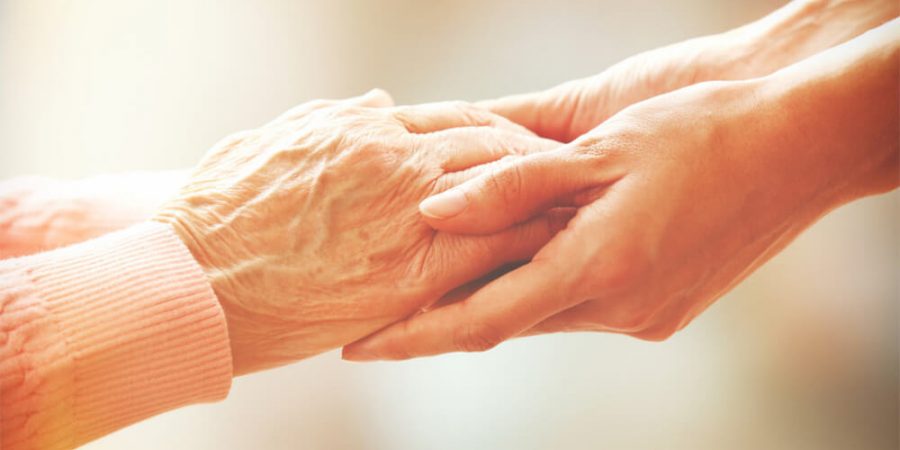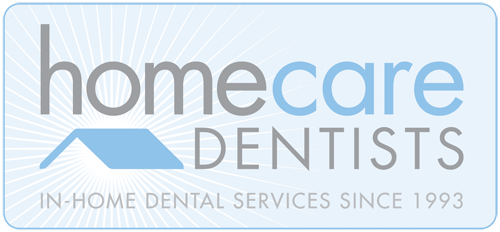Oral Health Relating to Alzheimers Disease and Old Age

THE IMPORTANCE OF MAINTAINING GOOD ORAL HEALTH
Across all age groups, a nice personal appearance matters, even to older adults. While it may seem that dementia, memory loss, and Alzheimer’s disease can rob an older adult of their pride in personal hygiene, we know that maintaining good oral health late in life is still very important. For an adult whose health and independence has been disrupted by these traumatic conditions, a clean mouth can make them feel healthier, more comfortable, and more attractive.
Unfortunately, many individuals who suffer from dementia, memory loss, and Alzheimer’s disease are unable to manage their own oral health at a time when they are most at risk for oral complications.
THE CONNECTION BETWEEN CHRONIC DISORDERS AND ORAL DISEASES
Researchers have drawn a connection between dry mouth and bronchopneumonia, dental plaque and respiratory infections, and gum disease and heart disease in older adults who are chronically ill. Chronic health disorders like Alzheimer’s disease and dementia can also physically restrict an older adult from brushing thoroughly, flossing, or even clearing food from the mouth during meals. As a result, these patients will also face an increased risk for tooth decay, periodontal disease, and the loss of the natural teeth.
In addition to the challenges that older adults face regarding basic plaque control, daily medications can further complicate issues by contributing to chronic dry mouth. Dry mouth at any age or ability level can elevate the risk for cavities, bad breath, and periodontal disease. In an elderly patient, this dryness can make eating and swallowing painful or virtually impossible. Dry mouth can affect the way that certain foods taste, and an adult with Alzheimer’s or dementia may be unable to communicate about these problems with their caregivers.
We understand that memory loss, Alzheimer’s disease, and dementia can make it difficult for caregivers to manage oral hygiene at home. As a patient’s level of ability changes and new behavioral patterns emerge, the oral hygiene strategies must change also. As homecare dentists, our doctors can provide personalized tips for the patient and also the caregiver for managing dry mouth, caring for dentures and partials, and overcoming dexterity challenges. Imagine how the inability to simply hold a toothbrush or piece of dental floss can affect an older adult’s oral health and confidence! These concerns must be addressed with respect and compassion in order to protect the dignity and overall health of an aging adult who is living with these debilitating disorders.
For additional advice or support, please contact one of our caring dentists today.
Common Questions
We understand that it may be difficult to keep up with dental hygiene at home. Our staff is trained to help provide your loved one with regular dental cleanings and are able to diagnose and treat any cavities or dental issues that may arise.
Maintaining good oral health can help you in more ways than you might realize. It’s not just about dazzling smiles. Our oral health links to our physical health.
Researchers have made connections between diseases, such as dry mouth and bronchopneumonia, gum disease and heart disease, and dental plaque and respiratory infections.
As we mentioned before, medications can cause chronic dry mouth. People with chronic dry mouth may struggle with eating or swallowing certain foods. An elderly patient with Alzheimer’s or dementia may not be able to communicate these problems with you. It’s important to monitor your loved one and be on the lookout for potential issues.
While we’ve covered a lot of our bases, we understand that you may still have questions. We are happy to address any concerns you may have. Please call us at (800) 382-3938 to learn more.
